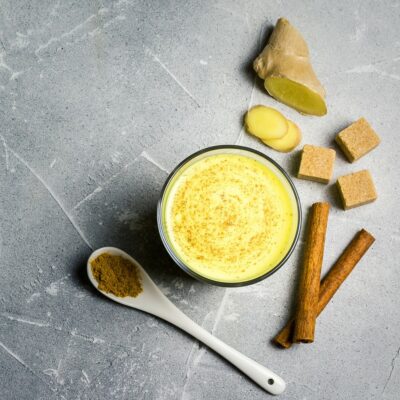
Prevent Eczema with a Healthy Diet
With the increasing connection between lifestyle, diet, and diseases, studies and research have been able to establish a pattern. It has been found that the standard American diet is high in sugar, carbs, and processed and fried food, and has a high percentage of unsaturated oil. These foods were found to be a major cause of diabetes, cardiovascular diseases, hypertension, and inflammatory conditions, like eczema and atopic dermatitis. As a result, if you have eczema, it is often important to adjust eating habits.
Many people who have eczema are prone to food allergies. However, doctors are unable to generalize this and research is ongoing to prove this. Many are allergic to milk, eggs, soy, gluten, nuts, fish, and shellfish. They are at higher risk for eczema and could potentially trigger atopic dermatitis too. Some of the foods, apart from the ones mentioned above, should be looked at with caution. There are times when elimination works best. Make a journal of what you eat and monitor the food items that trigger the symptoms of eczema and atopic dermatitis:
1. Foods to avoid with eczema
Doctors and health professionals will often advise eczema patients to avoid the following:
- Food high in sugar
- Food high in trans fat
- Processed foods
- Packaged foods
- Junk and fast food
With the elimination of such foods, you can try new recipes and get adventurous with your diet. Moreover, with all the new options available, you may start looking forward to your next meal as well.
2. Dietary changes for eczema
Incorporate the following changes in your diet. Adopt the changes gradually and see the impact it has on the eczema. Discard items that aggravate the condition and use ingredients that improve symptoms. Some diet changes that you can make are:
- Switch to a plant-based diet. Gradually let animal-based items become your sides.
- Cook fresh meals as much as possible. Reduce the amount of processed and packaged foods in your fridge. Bring back the joy in cooking to stay healthy. It also helps you to closely monitor the effect of food on eczema and atopic dermatitis.
- Add seasonal and locally available fruits and vegetables. Go in for canned and pickled foods only when fresh produce is unavailable. The added sugars and additives could be possible allergens and can cause eczema flares.
- Include dark, leafy green vegetables and omega-3 fatty acids regularly in your meal. Collect enough antioxidants that can fight inflammation-causing molecules.
- Drink red wine instead of high-calorie alcohol.
- Use vegetable oils like olive, canola, and grape seed oil to cook food instead of refined oils and butter.
- Replace plant-based milk, like almond and cashew milk, with cow’s milk.
- Replace refined and bleached white sugar with natural sugars like brown sugar, coconut sugar, and beet sugar.
- Replace refined grains with whole grains.
3. Elimination diets
Another effective way of protecting yourself and your family from eczema is by avoiding a group of foods for a week or two. During this time, you should watch out for your symptoms. This way, over a few months, you would be able to identify which food or food group causes eczema and atopic dermatitis so that you can be cautious about those foods.
Controlling eczema through a diet needs patience and perseverance as it is a chronic condition without a cause or cure. As of now, the goal of treatment is managing the condition with over-the-counter medications, topical applications to reduce itching, and home remedies that can improve the symptoms.


